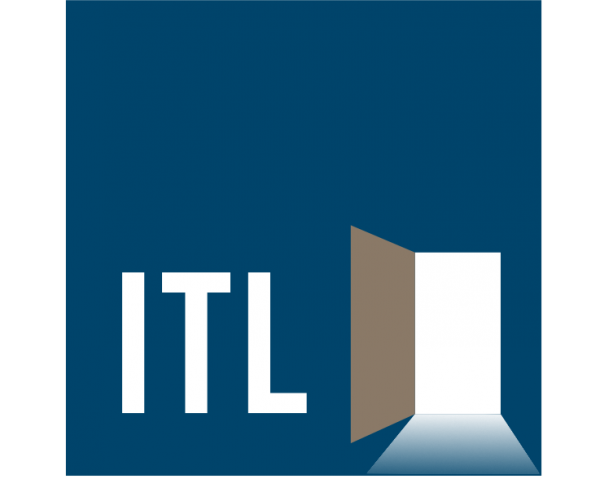|
When Dan Bricklin was a student at Harvard Business School in the late 1970s, he got tired of having to recalculate all the values for the cells in a spreadsheet and realized he could produce an electronic version of a spreadsheet that would run on a personal computer from a little company called Apple. In the process, he didn't just have software take over tedious work that had bedeviled MBA students for generations; he unleashed a wave of innovations far beyond anything he expected.
Many attribute to the electronic spreadsheet the wave of mergers and acquisitions that began in the 1980s and never really stopped. With an electronic spreadsheet automatically cascading changes in assumptions through a financial model, analysts could suddenly test any number of possibilities and tweak a model until it justified a takeover or divestiture. The clever analysis that resulted created any number of billion-dollar fortunes and reshaped industries. Private equity couldn't exist in the form it takes today without the electronic spreadsheet.
In this month's interview for ITL Focus, my longtime friend and colleague John Sviokla takes us through some of the unintended consequences that digitization could bring to insurance claims. Based on a profound concept known as "computability," he describes a variety of ways in which the ability to capture more information in a form that computers can evaluate and process could cross thresholds that would allow for a host of new business models.
For instance, an insurer could get pictures from an auto accident and not just evaluate the cost of repairs but instantly check the spot markets for used parts and perhaps decide the car is worth more dead than alive. The decision could trigger a series of simultaneous actions -- an offer to buy the car, an offer to replace it with a comparable vehicle located via Carvana and delivered to the person's home and an offer to sell parts to dealers.
Some of the concepts are so unfamiliar that they take some processing, but John is always worth listening to. When he was a professor at Harvard Business School, he was the coauthor of an article in Harvard Business Review that laid out the contours of e-commerce in 1994, before most people even knew that a web browser existed. When John and I were partners at Diamond Management & Technology Consultants in the late 1990s and early 2000s, he wrote an article for a magazine I edited, on how the age of ownership was passing away because the internet would allow everything to be rented as needed -- presaging asset-light business models such as those for AirBnB and Uber. John went on to be a senior partner at PwC and is now a partner at Manifold, a venture holding company.
I hope you enjoy reading the interview half as much as I enjoyed the conversation with John. And stay tuned. He has promised to keep developing the idea of computability and how it applies across the insurance industry.
Cheers,
Paul
|

